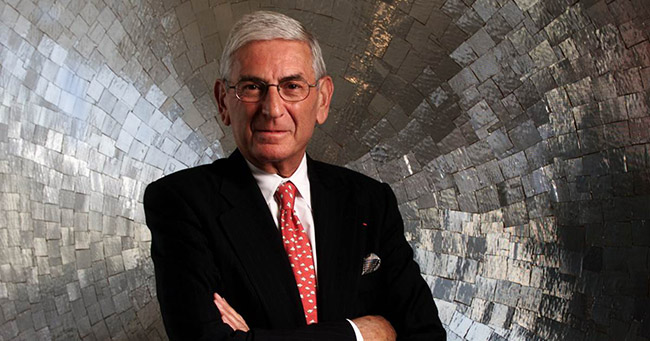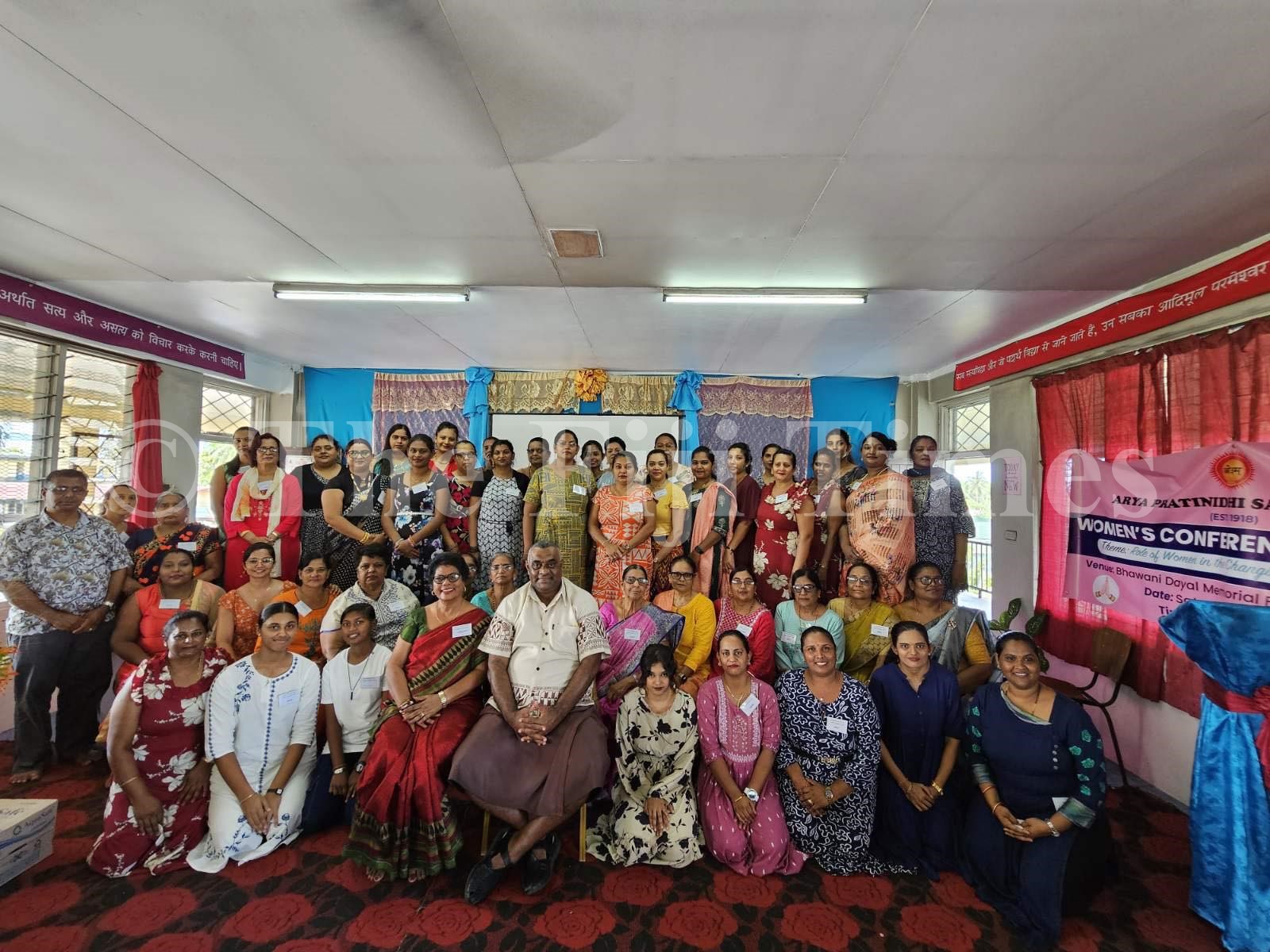I asked my wife last night what the topic for my next opinion column should be – she replied dryly, “how about something that will not get you in trouble?” Some friends, both in Fiji and the US have offered me similar advice.
So I feel some clarification is necessary. I do not like to write on topics that are prosaic and the usual run of the mill, but on matters that would compel people to think differently from the masses, to think for themselves and avoid the herd mentality of being “sheeple” – i.e. people behaving like sheep.
One person I greatly admired was Eli Broad, a billionaire in the US who passed away several weeks ago. He wrote a bestseller, The Art of Being Unreasonable.
The premise of this book is that we need to ask unreasonable questions, pursue the untried, revise expectations upward – and, most importantly, seek out the best in everything.
George Bernard Shaw said, “the reasonable man adapts himself to the world. The unreasonable one persists in trying to adapt the world to himself. Therefore all progress depends on the unreasonable man”.
Information is always evolving and improving and we have to keep up with what is new by unlearning what we think we know to allow new knowledge to replace our old ways of thinking.
In order to learn something new we must first acknowledge that we may be wrong about many of our long held beliefs.
Learning something new is the beginning of all wisdom, but we are creatures of habit.
Even the most spontaneous among us stick to routines in life. It is challenging to try different approaches to solve the problems.
But if we want different results than what we’re getting, we have to try different things. Einstein famously said the definition of insanity is doing the same thing over and over again and expecting different results.
We must make unlearning and relearning a life-long habit.
“The key to growth is the introduction of higher dimensions of consciousness into our awareness,” said Lao Tzu, the legendary Chinese philosopher.
Meaningful and progressive change requires an open mind — the ability to challenge our assumptions and our thinking.
We often have to unlearn conventional wisdom to embrace new ideas to make real progress. Nordstrom, a premier world class retailer, has a very innovative strategy.
It is renowned for its great customer service.
While other retailers have extensive employee handbooks, Nordstrom’s is incredibly simple.
Their employee handbook is a single card that says “use good judgement in all situations”.
In our rapidly evolving world, the wisdom of unlearning and embracing new thought patterns, habits, and perceptions is more relevant than ever before.
“The illiterate of the 21st century will not be those who cannot read and write, but those who cannot learn, unlearn, and relearn,” Futurist Alvin Toffler once said.
We need to ask ourselves where our current beliefs about life and work come from, and do they still serve me today.
Will our assumptions support our future self?
Will our current skills support the person we want to become?
Do our everyday habits and process of making a decision make us a better person?
Are our problem-solving approaches still relevant today?
“The most important lessons lay not in what I needed to learn, but in what I first needed to unlearn,” Jim Collins said.
Dilip Khatri, the managing director of Jacks of Fiji, introduced me to his book, Good to Great: Why Some Companies Make the Leap … and Others Don’t – a management book that describes how companies transition from being good companies to great companies, and how most companies fail to do it.
My son-in-law who lives in the US bought a pair of shoes from a premier retailer in Nadi several years ago, but did not get a chance to wear them for a whole week.
When he finally tried them on, they felt uncomfortable.
So he went to return them, but the manager would not take them back as there was no receipt.
My son-in-law asked the manager to check their receipts for his credit card transaction.
The manger found the receipt, but said the store policy was to return the merchandise within seven days and it was eight days already.
Such pathetic nitpicking and inane policies result in the loss of thousands of dollars for businesses because of adverse word of mouth advertising. Many retailers do not seem to realise the power of this.
The rapidly-changing world around us demands that we need to learn better ways to do the same things.
Successful people are always looking for opportunities to disrupt themselves, step outside their comfort bubbles.
They challenge their existing mindsets and are not afraid to experiment and test their assumptions.
Thomas Edison tried 1000 different ways before he succeeded in making a light bulb that worked. We often talk about thinking outside the box.
It sounds good, but hardly anyone really puts it into practice. One of the reasons for this is that critical thinking is never taught in schools.
We need to make it a deliberate process and spend time to relearn better ways to live our best life.
Lao Tzu said, “to attain knowledge, add things everyday. To attain wisdom, remove things everyday”. So we need to get busy unlearning all the knowledge we have accumulated over the years that serve no purpose and is actually an impediment in our progress.
Steve Jobs said, “the ones who see things differently. They’re not fond of rules, and they have no respect for the status quo. You can quote them, disagree with them, glorify and vilify them. About the only thing you can’t do is ignore them because they change things”.
So if we want to change things and make a significant and enduring impact, we need to think different than the masses – the sheeple who are unwilling to change the way they think, and cling to the knowledge that serves them poorly or not at all.
- ARVIND MANI is a former teacher who is passionate about quality education. He lived in the US for 35 years and was actively involved in training youths to improve their speaking skills. The views expressed are the author’s and do not necessarily reflect the views of this newspaper. He can be reached at theinspiredteacher9@gmail.com





